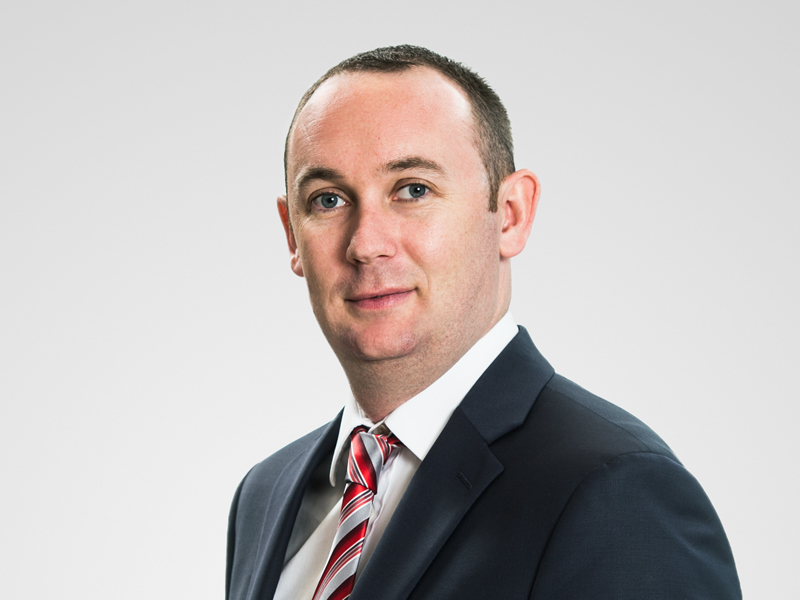The rule in Hastings-Bass under Cayman Islands’ statute

In considering the manner in which the jurisdiction should be exercised, the Cayman Court has the benefit of judicial guidance from the Supreme Court of Bermuda (s.47A of the Trustee Act 1975 of Bermuda is materially very similar in terms; as is s.59A of the BVI Trustee Act click here), as well as authorities relating to the exercise of the Hastings-Bass jurisdiction in the Cayman Islands and other jurisdictions, as it existed prior to Futter-v-HMRC and Pitt-v-HMRC [2011] EWCA Civ 197.
The reported authorities establish that:
- If a trustee has committed an error in the exercise of its fiduciary powers leading to adverse tax consequences for the trust or for its beneficiaries (whether the trustee failed to take any advice; took advice that proved to be incorrect, or where tax advice was obtained but imperfectly followed); and
- If, but for that error, the trustee would not have exercised its power; then
- The Court will intervene to protect the interests of the innocent beneficiaries of the trust by setting aside the exercise, whether or not the beneficiaries might also have causes of action against the trustees or their advisers.
Although not reported, in 2022 Harneys successfully obtained an order for a trustee under s.64A in circumstances where the trustee erroneously believed it was making a distribution out of the trust’s capital, however, because it had not first positively resolved to accumulate a dividend it had received from an underlying company, and to add that sum to the trust’s capital fund, in fact the distribution constituted a distribution of the trust’s income, which did incur a charge to UK income tax (the trustee had received advice from its UK tax advisor that it could make a distribution out of the capital of the trust fund without incurring any charge to UK tax). Had the trustee realised the distribution would generate a significant charge to UK income tax, and that the making of a distribution from the trust’s capital account required a positive prior act of accumulation, it would not have made the distribution. In the circumstances and on the evidence, the Court was prepared to set aside the exercise of the trustee’s power.
It is of course important for trustees (and other fiduciaries, such as directors) to consider in the exercise of their fiduciary powers, among other matters, tax and other consequences of the exercise however, where a trustee (or other fiduciaries) makes a mistake in the exercise of a fiduciary power, s.64A may provide a statutory mechanism to set aside the exercise of that power. If set aside, the exercise of the power is to be treated as never having occurred.





